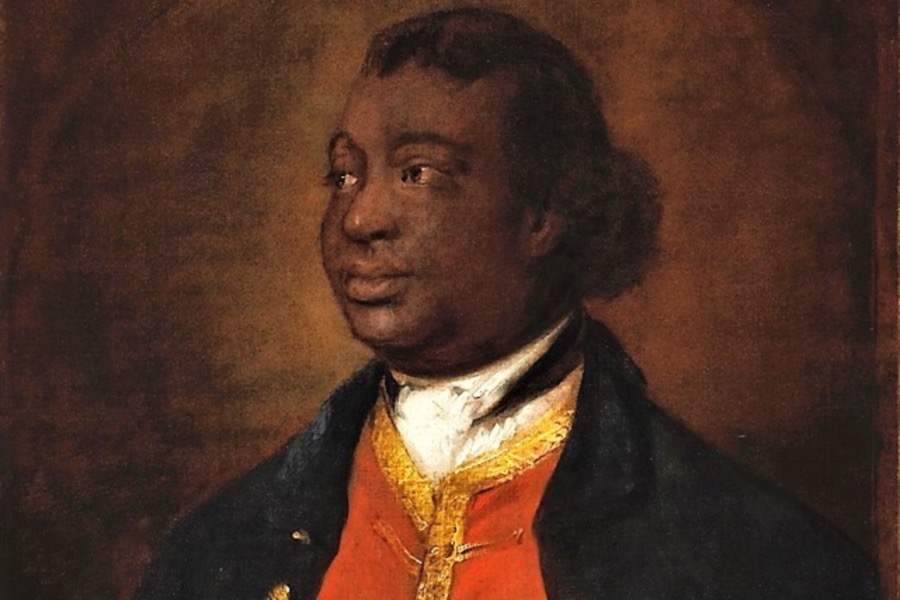Novel about Charles Ignatius Sancho wins Royal Society of Literature’s Christopher Bland Prize

Anna Kane discusses Paterson Joseph’s debut novel The Secret Diaries of Charles Ignatius Sancho.
Many students may recognise actor Paterson Joseph as Alan Jonson from the Channel 4 sitcom Peep Show, but a significantly lesser number will know him as a writer. On June 8th, Joseph was awarded the Christopher Bland Prize for his debut novel The Secret Diaries of Charles Ignatius Sancho.
The prestigious prize was set up in 2018 by the Royal Society of Literature; it is relatively niche, for it is awarded annually to writers who only had their work published over the age of 50 and aims to celebrate older writers. Joseph, aged 58, was delighted to receive the award for his work of historical fiction that explores the life of Charles Ignatius Sancho, a figure who has gone under the radar until now.
It is awarded annually to writers who only had their work published over the age of 50 and aims to celebrate older writers
The early Romantic period saw a surge of the abolitionist movement in Britain, of which Sancho was a key contributor, and his storefront became a confluence for other abolitionists. Charles Ignatius Sancho was an eighteenth-century writer and composer, famous for being the first recorded person of African descent to vote in Britain. In 1729 he was born into slavery, spending his early life as a slave in the Spanish colony of New Grenada. His parents died early in his formative years, his father to suicide to avert the hardships of slavery, and Sancho aged 3 was brought by his owner to England.
In 1729 he was born into slavery, spending his early life as a slave in the Spanish colony of New Grenada
In England he was a slave to three sisters in Greenwich until the age of 18. The poor treatment he suffered prompted him to run away to the Montagu house in Blackheath where he became a butler. Here it is said that the Duke of Montagu taught him literacy which permitted Sancho a burgeoning interest in writing. He left the household to set up his own grocery business in Westminster with his wife and wrote voraciously on the side about the slave trade; he also composed music and dances. As a verified property owner, he gained the rights to vote in Britain, and he became the first known British African to do so in 1774. When he died in 1780, he also became the first person of African descent to have an obituary written about him in an English newspaper. His influence certainly contributed to the Slave Trade Act of 1807 and the Slavery Abolition Act of 1833.
As a verified property owner, he gained the rights to vote in Britain, and he became the first known British African to do so in 1774
Given the extraordinary nature of Sancho’s life, it is surprising that he is not a well-known figure in the modern day. Joseph expressed that he was inspired after coming across books like Greta Gerzina’s Black England which enlightened him about important black figures dating as far back as the Roman period. Joseph was also drawn to Sancho by the Thomas Gainsborough portrait of him. The fact that Gainsborough, arguably the most iconic British portrait artist not just of the eighteenth century but all time, painted Sancho interested Joseph and encouraged him to discover more about his history.
The fact that Gainsborough, arguably the most iconic British portrait artist not just of the eighteenth century but all time, painted Sancho interested Joseph
The lack of teaching on black lives in English history in school and university curriculums in Britain is no secret, and in part owes itself to the deficit of literature on key figures. It is fantastic that the Christopher Bland Prize has brought Sancho back into the historical mainstream and I look forward to reading Joseph’s debut novel.


